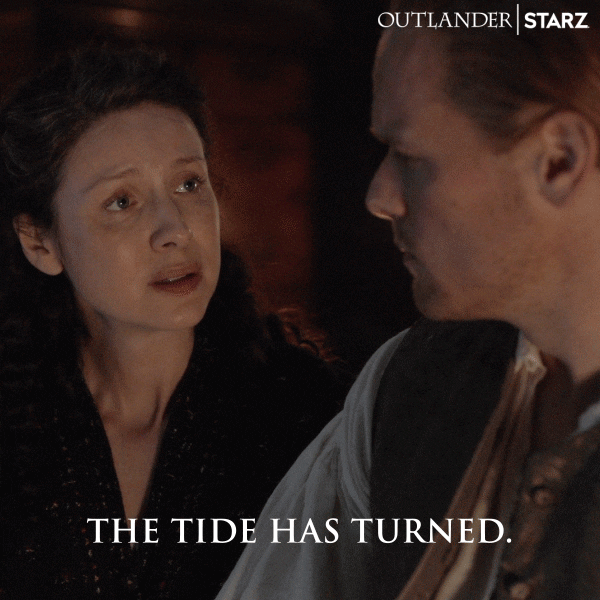Listening to a podcast ten years ago, I heard a man say the two best ways to promote your memoir are to have a good cover and write a book that spreads by word of mouth. This advice is more important than ever if you’re an indie publisher like me.
Famous people can write a memoir and sell millions, but don’t despair if you’re not famous. You can still sell your story if you write an exciting book. You might not get rich, but you can make some good pocket change to pay a few bills. I know. For two years, I’ve consistently earned enough each month from my memoir to buy gas and groceries, and in these times, it’s been a blessing—especially since things got much tighter when my marriage broke up.
I’ll discuss how to get a good cover later. Today, I want to talk about the most important thing you can do when you write a memoir—that is to follow story structure as if you are writing a novel.
When I first heard this advice, I was devastated. It seemed too hard. I had tons of journal notes and sections lined up, and I just wanted to write my story down in chronological order and be done with it. But in my reading of other memoirs, I realized some were harder to read while others made me eager to turn the next page.
A memoir—really any story needs to follow a protocol to make reading it easy for the reader. But a memoir is in danger of wandering because we who write them are often purging our emotional pain. And while that’s good and even necessary, once we’ve cleansed our souls, we need to gather the broken pieces of our lives and reorganize them into something attractive for the reader.
If we want people to read our stories—whether a memoir or a novel, several writing teachers (James Scott Bell, K.M. Weiland, Donald Maass, Martha Anderson) recommend following a basic story structure.
The very minimal structure of any movie, novel, or memoir should follow the four most reliable energy markers that make a story twist and flow. Here they are in order.
The End of the Beginning (around the 25% mark)
The first quarter of your book is set up for what is to come in the larger story. It should introduce the characters and the dilemma of the protagonist, and it should reveal the promise of her potential while foreshadowing the conflict to come. The point where the setup is complete, and your protagonist begins her journey is called The End of the Beginning. This is where your protagonist has gathered up all of their initial baggage and is ready to hit the road.
The Midpoint or Turning Point (at the 50 % mark)
A lot happens between the End of the Beginning and the Midpoint. In the middle of your book, your main character should have an epiphany, or an awakening that turns her in a new direction. She hasn’t figured it all out yet, but she feels she’s onto something and must change her approach. Instead of feeling like a victim and reacting, she begins to take action to combat her opponent’s attacks.
The Crisis or Rock Bottom (around the 75% mark)
This is where even though your protagonist thought they had it all figured out at the midpoint, things have spun out of their control and they discover things are worse than they thought—so much worse, it’s a total disaster and it feels like a death. They will need to be resurrected to gain strength for the final battle.
The Climax or Victory (at the 98% mark)
It’s the showdown with guns at forty paces. This is where your protagonist rises up out of the tomb and speaks truth to power. It’s do-or-die territory here. Of course a memoir is not an action flick—I just want you to visualize Wonder Woman setting things right. The truth is in a memoir we are dealing not with action so much as an internal combustion. A showing of emotional strength resulting in a spiritual victory.
Not much book is left after the climax. One chapter can usually tie off all the loose ends and inform your reader that the protagonist has turned out okay.
There’s a vast difference between writing a novel and writing a memoir. A novel requires an active imagination to make things up, while a memoir requires editing out all the memories already in your head to sculpt your story down to the essentials. Both require dreaming. The first is making things up, while the latter is like sorting through a photo album to decide which pictures to place into your new display.
So if you’re like me, you might be looking at the stories of your life strewn across the cutting room floor. What to save? Where to place? Relax. This will take time. I suggest you make your favorite beverage, gather some snacks, turn on the most inspirational music you know, and spend a few uninterrupted hours dreaming.
Dream about your story as if it were a movie. Keep plenty of tissues nearby. Give yourself time—as much time and as many days as you need to figure out the story beats of your life. Then write in freedom as though no one but you will read it for now. It might seem complicated, but it will all come together in time. It will also be worth it emotionally—and successfully once you publish.
Remember, your messy story matters, so make it palatable enough for your readers to digest it.
Peace and freedom,
Cherilyn
P. S. In case you haven’t read my memoir yet, you can find it here. I keep the kindle version priced low so anybody can read it. I’d love to hear your comments on my story or even your concerns about writing your own. Ask me questions in the comments and I might just write about that topic on another Memoir Monday.








Hi Cherilyn, I just found your publication and was intrigued by the name - I too use a childhood story theme; in my case, Princess and the Pea, Survivor Edition. I really enjoyed your breakdown of memoir structure. I am in the final phase of my own memoir (started it in March 2020 during the lock-down phase of the pandemic). Thank you for sharing this structure. You make a lot of solid points about the growth of the narrator through their struggles and subsequent awakening.
Wow I don’t know what led me to find you but I’m glad I did.
I’ve always wanted to write my story but too afraid. (Still am) but it’s given me some inspiration to start.
Art and creation have always made me feel better but I’m so exhausted in ways I can’t describe (maybe I will find words for it one day) that fatigue in your soul. It goes beyond depression or loss of sleep. *sigh*.
Forgive me for wandering I don’t get to speak my truth much.
What you describe In your article reminds me of the hero’s journey. I am no writer but it is something I learned about in my Mythology class like the call to adventure etc.
Anywho, I really just wanted to reply with a thank you for helping those who are going through what feels like the worst pain in the world.
I was just telling my brother I don’t know how to channel this pain or emotions nothing is working. But the way you put it. “Just tell the truth” struck something within me.
I’m not tryin to hurt anyone. But sadly I am. Myself because I’m allowing my truth to be extinguished.
Why is it so easy to defend everyone (even those that hurt us) but we won’t defend ourselves? It’s all so complicated.
If we defend we look guilty. We messed up because we didn’t speak before the narcissist got there first and now it feels too late.
If you spoke BEFORE the narcissist did you STILL look like the one starting problems. Our truth feels futile.
Also, what about permission? Do you need the permission of all involved in your story before it’s published? (I know I know I’m thinking WAY too far ahead I tend to do that) I don’t think I want to use actual names here.
Whoa okay that was a long comment please do forgive me for the rant. My thoughts flow when I get passionate about something.
Thank you again for sharing these amazing tips!